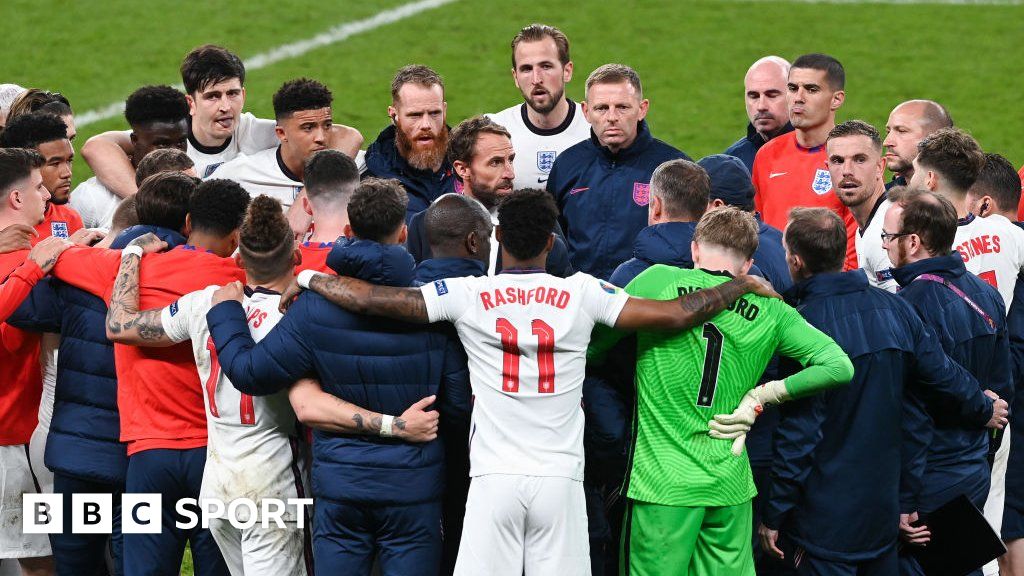
My wife & I recently finished viewing ‘Around the World in 80 Days’ on BBC iplayer. We don’t normally binge-watch TV shows, but this adaptation had us hooked, and ended up being a great distraction from the covid winter blues.
David Tennant plays Phileas Fogg, a repressed upper class Victorian Englishman who inhabits a very small world until his decision, on a whim, to take a risk and expand his horizons, which very quickly takes him out of his comfort zone. It’s a big bold story full of risk and courage as he and his unlikely travelling companions overcome the many natural and man-made obstacles involved in circumnavigating the globe on a deadline.
Despite the vast physical miles covered, as you might expect, the real journeys happen internally as each of the three central characters face their own challenges. The story is driven by inevitable relationship tensions as they figure out their motivations, adjust their expectations and eventually grow into a close and supportive friendship. And throughout the whole piece, of course, is an underlying question: Will they achieve their goal and make it back in time?
Tension is what makes the best narratives work. Whatever the genre, be it drama or fantasy, biography or documentary, sci-fi or sport, it’s the tension that drives any story forward. Tension between characters, between values, and between dreams & desires. Tension is what makes us turn the page in a book, or keeps us on the edge of our seat.
It’s ironic that while tension makes the best stories, no-one really wants to live through it in real life. Given the chance, I suggest that most of us would choose a simple and comfortable existence, free from the stresses and anxieties of life – as if that were possible!
But tension is what leads to growth. It is when we face the misunderstandings and deal with the shortcomings that we learn courage and resilience. It is when we push through our fears that we grow in character. And it is when we acknowledge our vulnerability and choose to put our trust in God, that we can know his greater perspective on our lives.
As Paul encourages the Philippian church, “Do not be anxious about anything, but in every situation, by prayer and petition, with thanksgiving, present your requests to God. And the peace of God, which transcends all understanding, will guard your hearts and your minds in Christ Jesus.” (Philippians 4:6-7)
There is no circumstance that God cannot help with or doesn’t want to hear about. As we approach him in thankful prayer, and present our fears and requests to him, he promises a supernatural peace which ‘transcends all understanding’.
For me, this is the main way I draw the strength and courage I need to face the inevitable tensions involved in stepping out of my comfort zone and trying to make a difference in the world. It is a very real conversation based on a very real relationship with God, and one which I have been journeying with all my adult life.
First Published in the Hampshire Chronicle Christian Comment 3 Feb 2022


